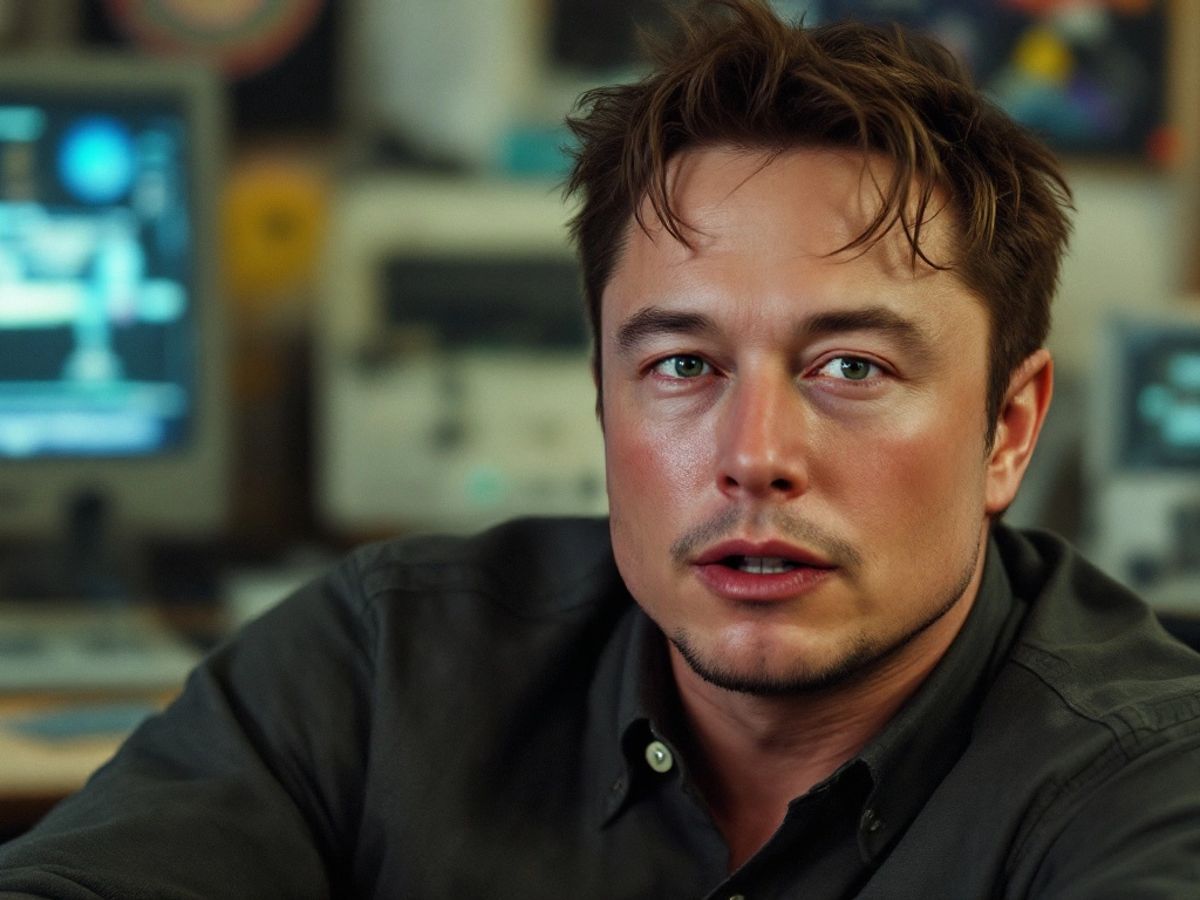Crime
Elon Musk’s Illegal Work in the US in the 1990s

Elon Musk, the billionaire entrepreneur known for his ventures in technology and space exploration, has come under scrutiny for allegedly working illegally in the United States during the 1990s. A recent report from the Washington Post reveals that Musk, who arrived in the U.S. in 1995 to attend Stanford University, never actually enrolled in the program. Instead, he focused on developing his startup, Zip2, which would later sell for approximately $300 million in 1999.
Key Takeaways
- Elon Musk arrived in the U.S. in 1995 but did not enroll in Stanford.
- He worked on his startup, Zip2, during this time.
- Experts suggest he needed to be enrolled in a full course of study for valid work authorization.
- Musk claims he was legally present but was meant to be doing student work.
- He received U.S. work authorization around 1997.
Background of Musk’s Arrival
Elon Musk moved to Palo Alto, California, in 1995 with aspirations of pursuing a graduate degree in physics. However, he quickly pivoted to entrepreneurship, co-founding Zip2, a software company that provided business directories and maps for newspapers. This decision marked the beginning of Musk’s journey in the tech industry, but it also raised questions about his immigration status during that period.
Legal Implications
According to immigration law experts, Musk’s situation raises significant legal concerns. To maintain a valid work authorization as a student, he would have needed to be enrolled in a full course of study. The Washington Post cited two former colleagues of Musk who indicated that he did not receive his work authorization until around 1997, suggesting a gap in compliance with immigration regulations.
Musk’s Response
While Musk has not publicly commented on the allegations, he did address his immigration status in a 2020 podcast. He stated, "I was legally there, but I was meant to be doing student work. I was allowed to do work sort of supporting whatever." This statement has led to further debate about the legality of his actions during that time.
Political Context
The timing of this revelation is particularly noteworthy, as Musk has recently endorsed Republican presidential candidate Donald Trump. Trump has a history of portraying migrants in a negative light and has promised to implement stringent immigration policies if re-elected. This connection raises questions about the implications of Musk’s past actions in the context of current immigration debates.
Conclusion
The report on Elon Musk’s illegal work in the 1990s adds a complex layer to the narrative surrounding one of the most influential figures in technology today. As the story unfolds, it remains to be seen how this will impact Musk’s public image and his ongoing ventures in the tech industry.
Sources
-

 Press Release3 days ago
Press Release3 days agoClinical Trials Market Set for Robust Growth, Driven by Drug Development Surge and Digital Innovation
-

 Press Release6 days ago
Press Release6 days agoBellarium ($BEL) Price Prediction: Could It Hit $5 by 2026?
-

 Business5 days ago
Business5 days agoHow Managed IT Solutions Help Small Teams Compete at Enterprise Scale
-

 Press Release4 days ago
Press Release4 days agoIndustrial Boiler Market Expected to Surpass USD 24.4 Billion by 2035 Amid Growing Demand for Energy Efficiency and Industrialization
-

 Press Release4 days ago
Press Release4 days agoFill-Finish Pharmaceutical Contract Manufacturing Market Expected to Flourish Amid Biopharmaceutical Boom and Global Outsourcing Trend by 2035
-

 Press Release4 days ago
Press Release4 days agoPreventive Vaccines Market to Witness Strong Growth by 2035
-

 Press Release4 days ago
Press Release4 days agoGreen Bio Chemicals Market Poised for Sustainable Growth amidst Global Shift to Eco-Friendly Alternatives by 2035
-

 Press Release4 days ago
Press Release4 days agoPet Food Nutraceutical Market Set for Robust Expansion Amid Rising Demand for Pet Wellness by 2035










